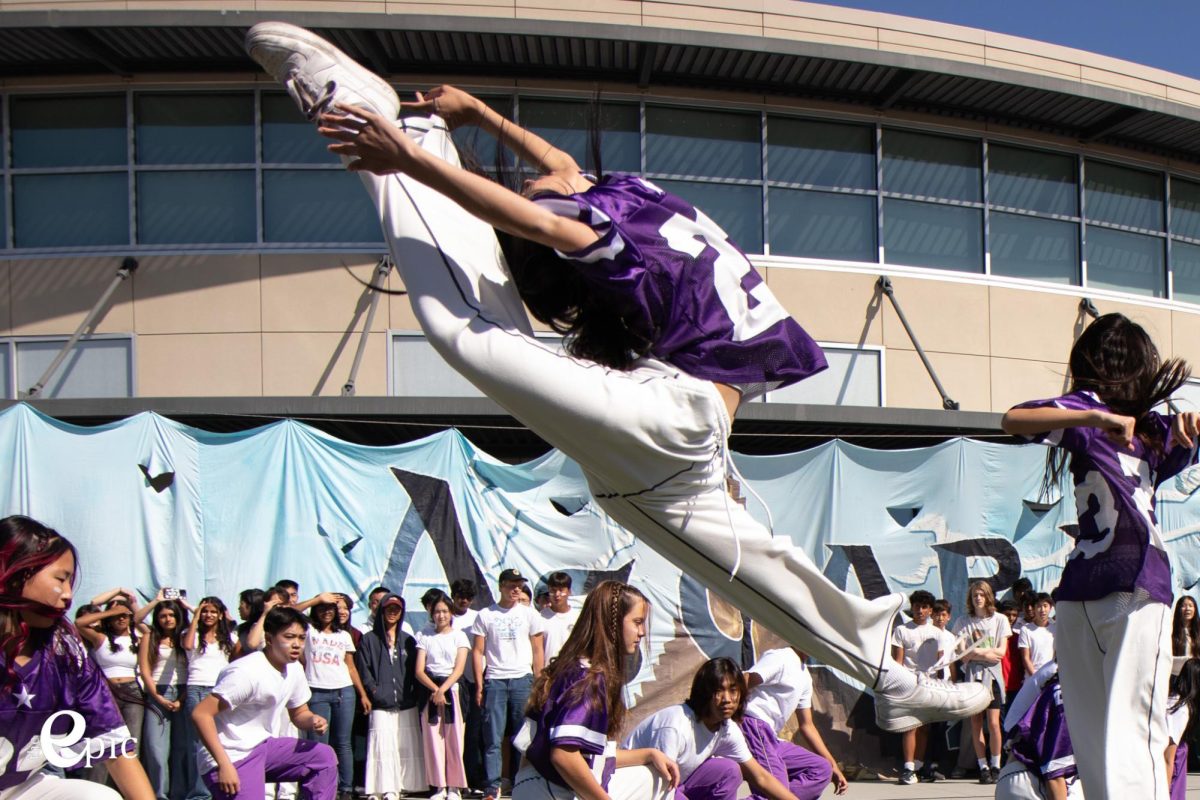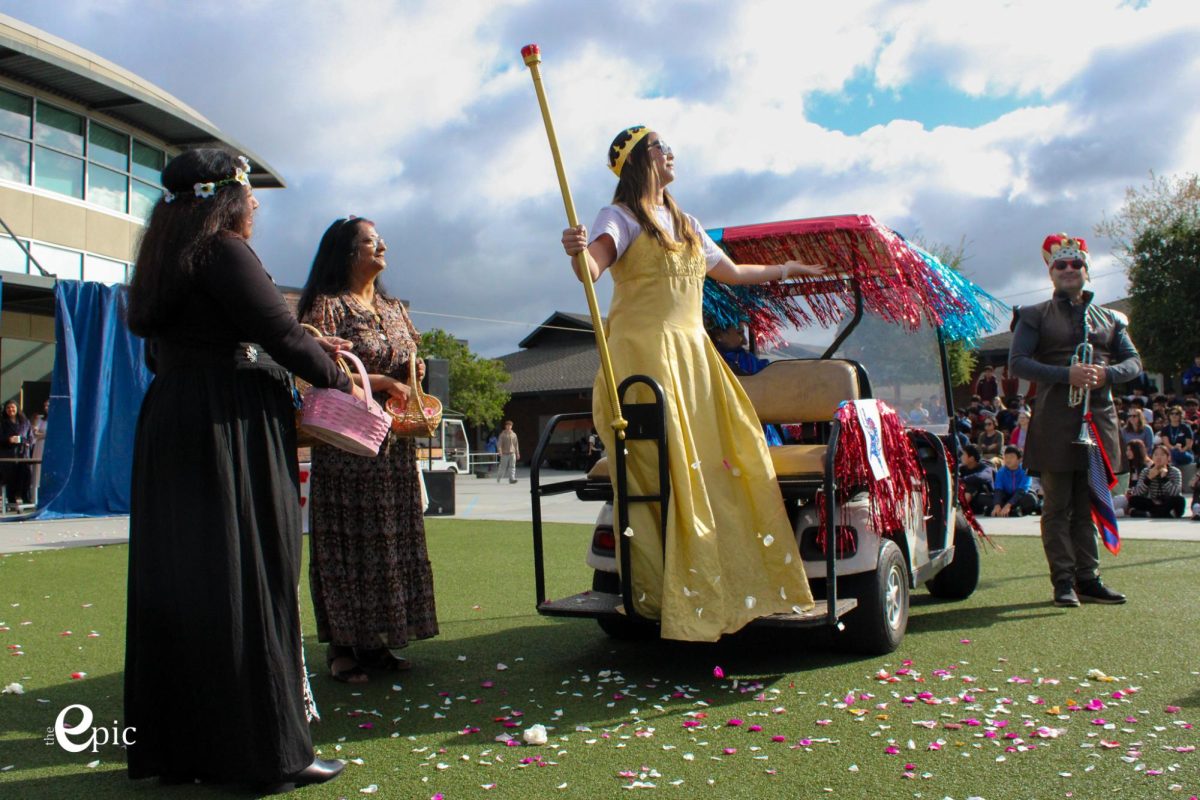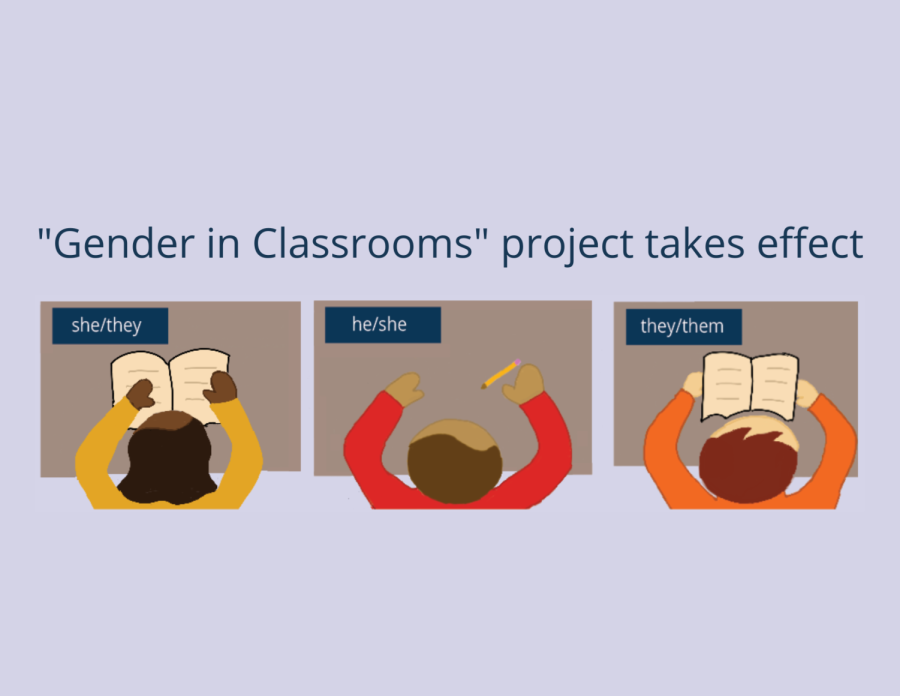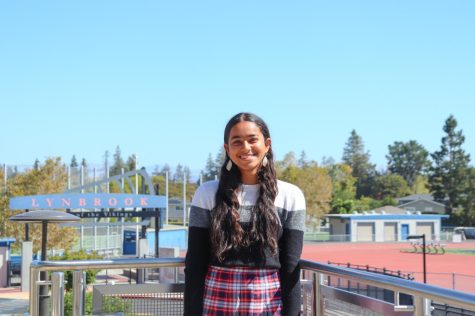“Gender in Classrooms” project takes effect
Senior Venus Dhanda created the “Gender in Classrooms” project in hopes of making the Lynbrook community a more inclusive place for LGBTQ+ students.
November 7, 2022
In hopes of making the Lynbrook community a more inclusive place for LGBTQ+ students, senior Venus Dhanda created the “Gender in Classrooms” Girl Scouts project, in which she presented a workshop to teachers at a staff meeting on Oct. 12 and created a website with public resources.
Through the Girls Scouts Gold Award project, which aims to promote long-lasting changes in the community, Dhanda wanted to help members of the queer community who struggled to gain support from family and teachers. Rather than focusing on how queer individuals could adapt to uncomfortable situations, Dhanda decided to help provide others with resources to make them feel welcomed.
“I wanted to help educate teachers on how to approach queer students,” Dhanda said. “Teachers have a lot of influence over their students, considering they’re some of the most important adults in students’ lives.”
To create this project, Dhanda worked with Principal Maria Jackson and Assistant Principal Yukari Salazar to find feasible solutions that would help the students feel heard in classrooms.
“As someone who’s part of Lynbrook’s Gender Sexuality Alliance and the LGBTQ+ community, I noticed that I was very lucky to have people around me who were okay with me being open about my identity,” Dhanda said. “But I knew that a lot of other people didn’t have that same support system, and I didn’t want kids to deal with that because of who they are.”
Dhanda interviewed teachers such as GSA adviser Jessica Lu for background information and measures teachers can take to promote inclusivity to add in the presentation, which she presented at a monthly staff meeting. The presentation focused on how to ensure that students can feel respected and safe in school and included practices that staff members can implement to be more inclusive. Dhanda also included scenarios to help staff visualize the situations that queer students might experience in their classrooms.
“I hope that teachers implement these little things and that queer students feel more heard and included, rather than having to go out of their way to be included,” Dhanda said.
Many teachers have already started initiatives in the classroom to further inclusivity for LGBTQ+ students.
“When my students fill out their notecards at the beginning of the year with your information, there’s a field for pronouns, although it’s optional, because you don’t want to out someone if they don’t want to share their pronouns with you,” Lu said. “So in general, I try to foster an environment in my class where everybody’s different strengths and personality are celebrated.”
Dhanda has also been working with student organizations such as ASB and Valhalla about changing gendered terms for Homecoming royalty and dances, as well as using students’ preferred names in yearbooks instead of dead names.
In the future, Dhanda hopes to expand her project and have presentations by the GSA become a regular part of staff meetings. She hopes that her work with GSA clubs at other FUHSD schools will allow members to share resources, such as the website that Dhanda created to show student experiences.
“Ideally, the hope is for more inclusivity in all classrooms so LGBTQ+ students feel safe at school,” Salazar said. “This workshop did a great job including tips for teachers and very doable things to be accepting of all gender identities. Hearing how students are feeling from the students themselves can be powerful.”


































































